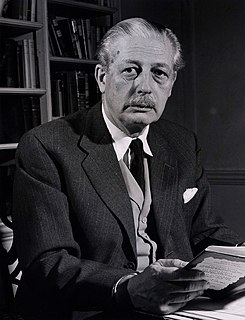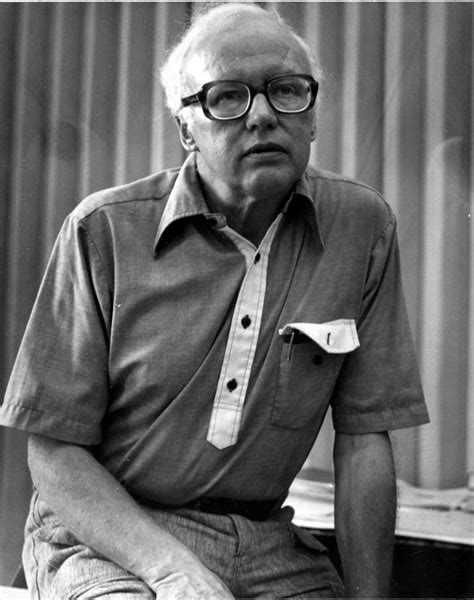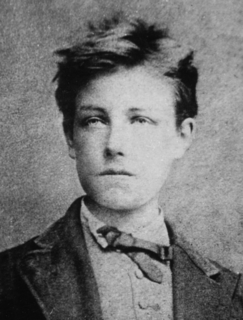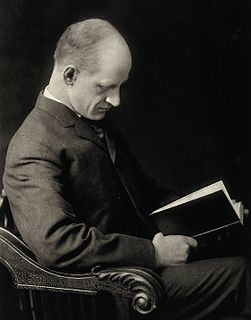A Quote by H. L. Mencken
Psychotherapy is the theory that the patient will probably get well anyhow and is certainly a damn fool.
Related Quotes
Psychotherapy makes every problem a subjective, inner problem. And that's not where the problems come from. They come from the environment, the cities, the economy, the racism. They come from architecture, school systems, capitalism, exploitation. They come from many places that psychotherapy does not address. Psychotherapy theory turns it all on you: you are the one who is wrong.
...You have to pass an exam, and the jobs that you get are either to shine shoes, or to herd cows, or to tend pigs. Thank God, I don't want any of that! Damn it! And besides that they smack you for a reward; they call you an animal and it's not true, a little kid, etc.. Oh! Damn Damn Damn Damn Damn!
They's a heap more to God's will than death, disapoint-ment, and like thet. Hit's God's will for us to be good and do good, love one another, be forgivin'..." He laughed. "I reckon I ain't very forgivin', son. I can forgive a fool, but I ain't inner-rested in coddlin' hypocrites. Well anyhow, folks who think God's will jest has to do with sufferin' and dyin', they done missed the whole point.
Most therapists do not appear to know how to pinpoint and reverse therapeutic resistance - to head it off at the pass. Instead, they try to persuade the patient to change, or to do the psychotherapy homework, while the patient resists and 'yes-butts' the therapist. The therapist ends up feeling frustrated and resentful, and doing all the work.
What does one save for, anyhow? For a few tired hours at the end of life when one sits and counts dollars? Or do we save so that those last years will not be mentally barren or esthetically shabby? I try to save a few things to furnish my mind decently, on the theory that no auctioneer can get in there to sell off all the furniture.
There are certain bodily functions of mine which I will not allow to be supervised. One of these is eating. Nobody's going to license me to do this. Another one is bodily disposals. I will defecate and urinate when I damn well please and as the spirit -and the physical necessity -moves me. And my sex life is peculiarly my own. I will engage in sexual activity with a consenting male any time and any place I damn well please.
One strand of psychotherapy is certainly to help relieve suffering, which is a genuine medical concern. If someone is bleeding, you want to stop the bleeding. Another medical aspect is the treatment of chronic complaints that are disabling in some way. And many of our troubles are chronic. Life is chronic. So there is a reasonable, sensible, medical side to psychotherapy.
Psychedelics are extraordinary tools, when used with psychotherapy, because in one day you can let go of so much, and have insight into so much. Sometimes more than in a year of traditional psychotherapy. I think they should be used in psychotherapy. But I don't know who should be entrusted with the toolbox - priests or psychiatrists? That is the difficulty.





































